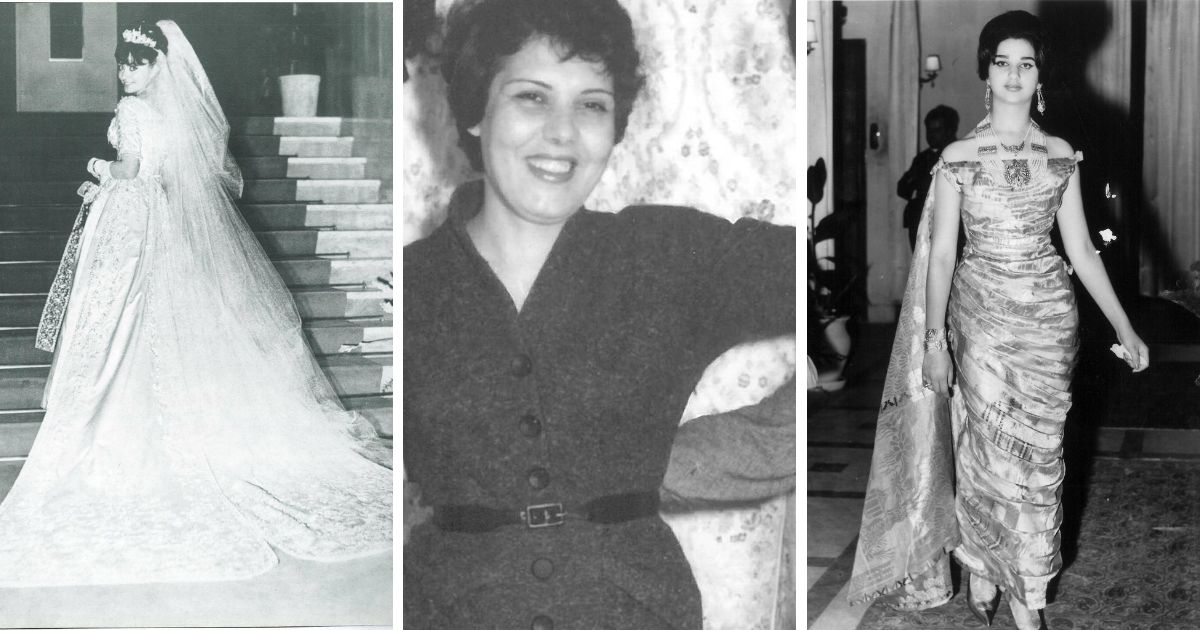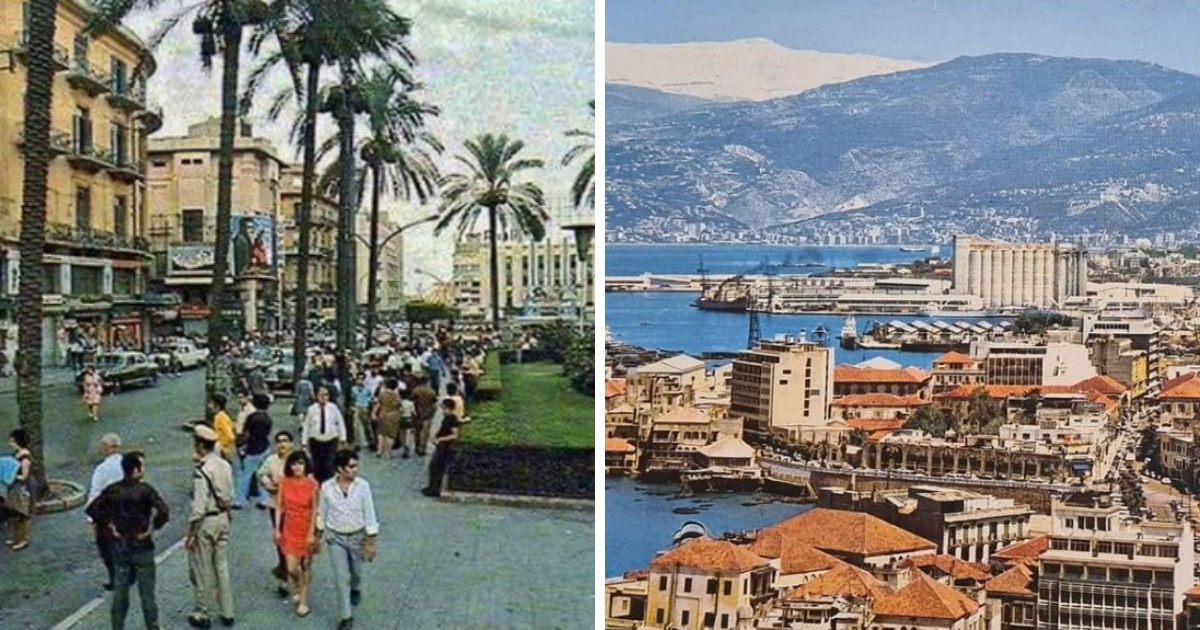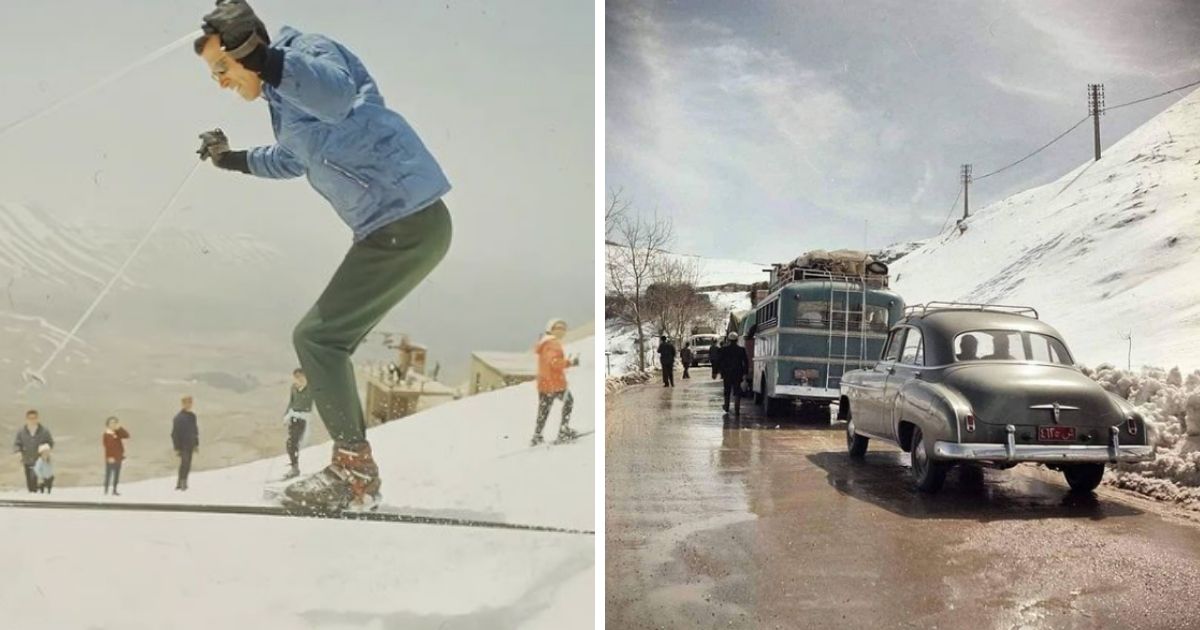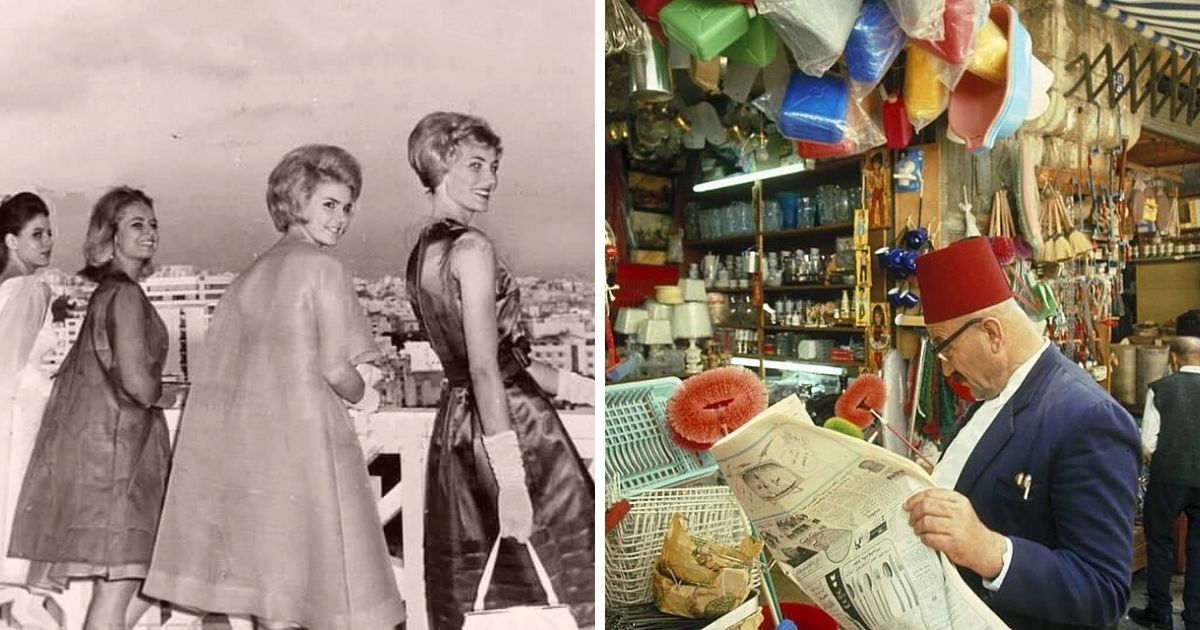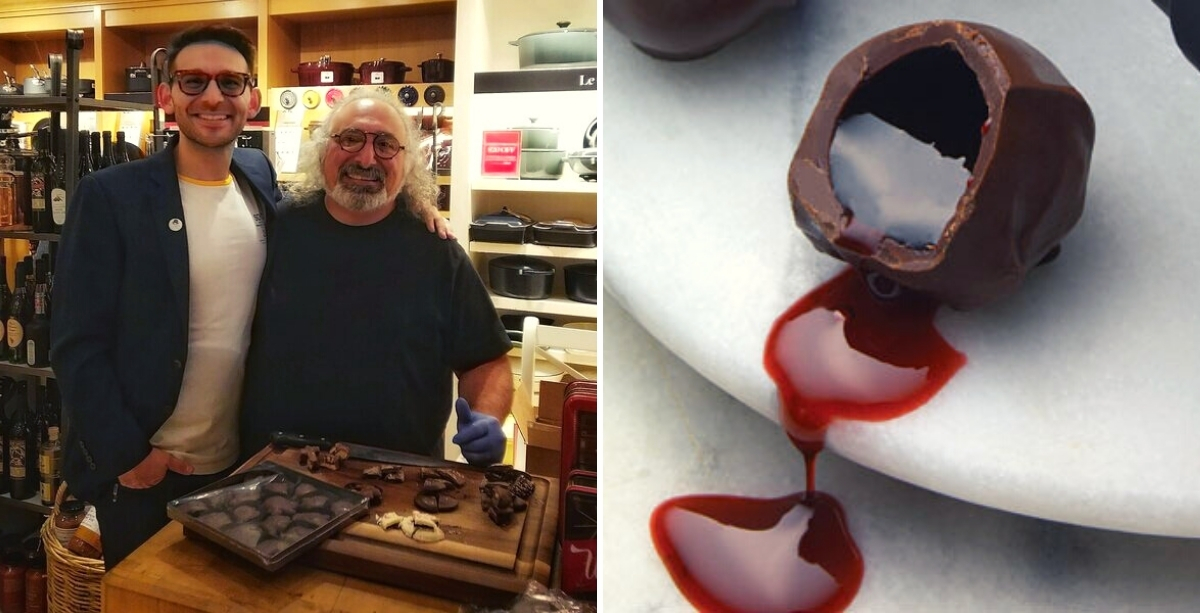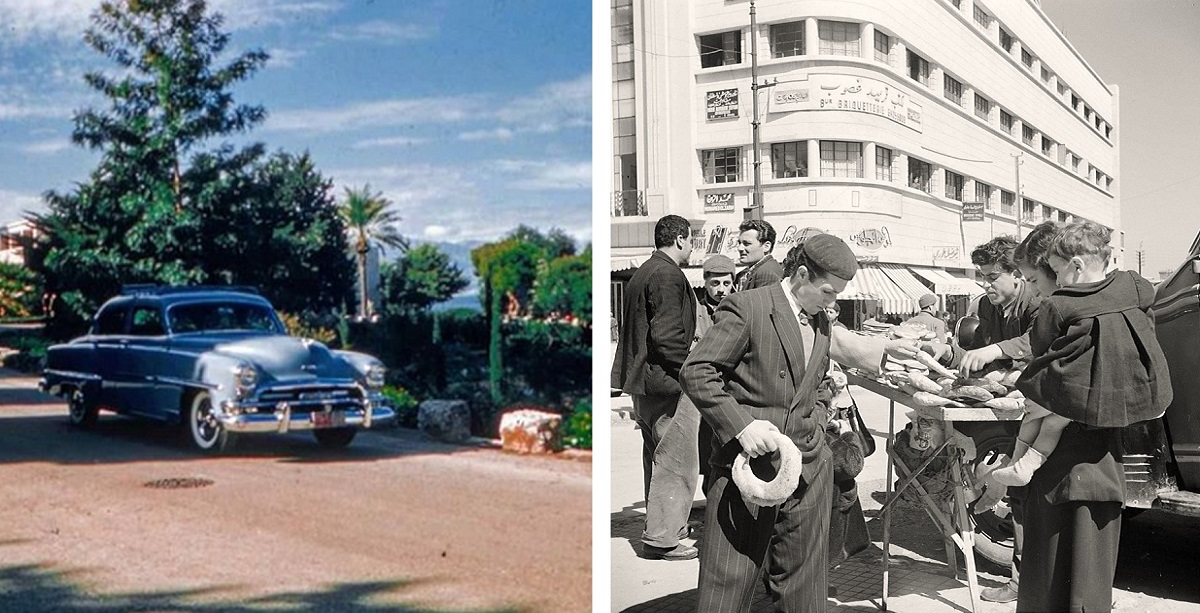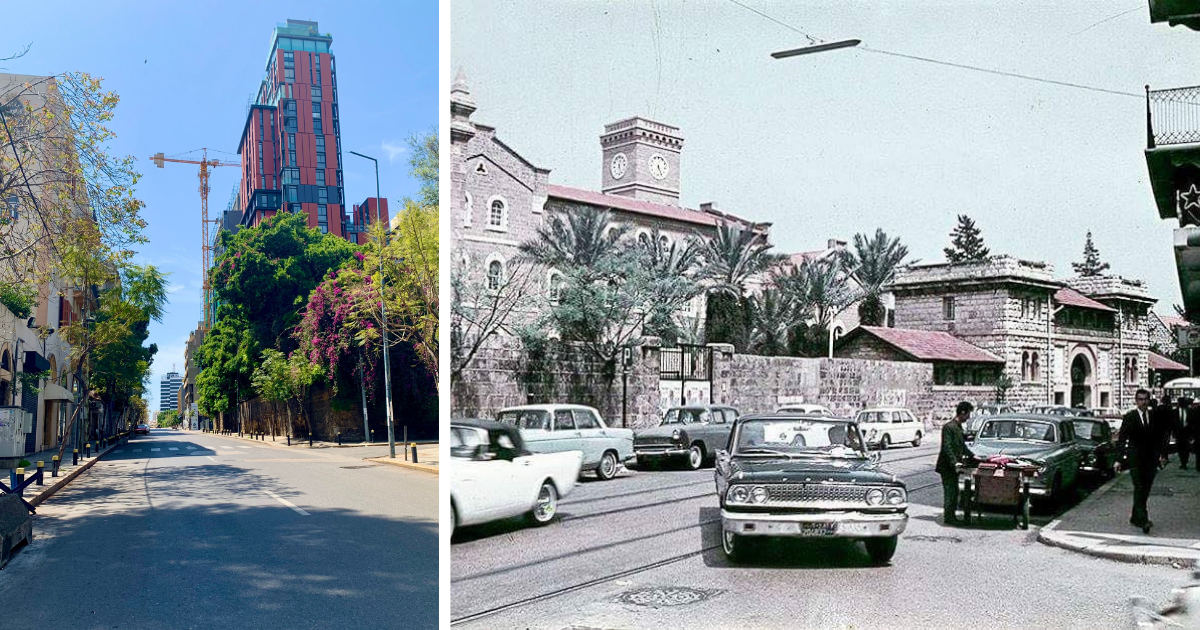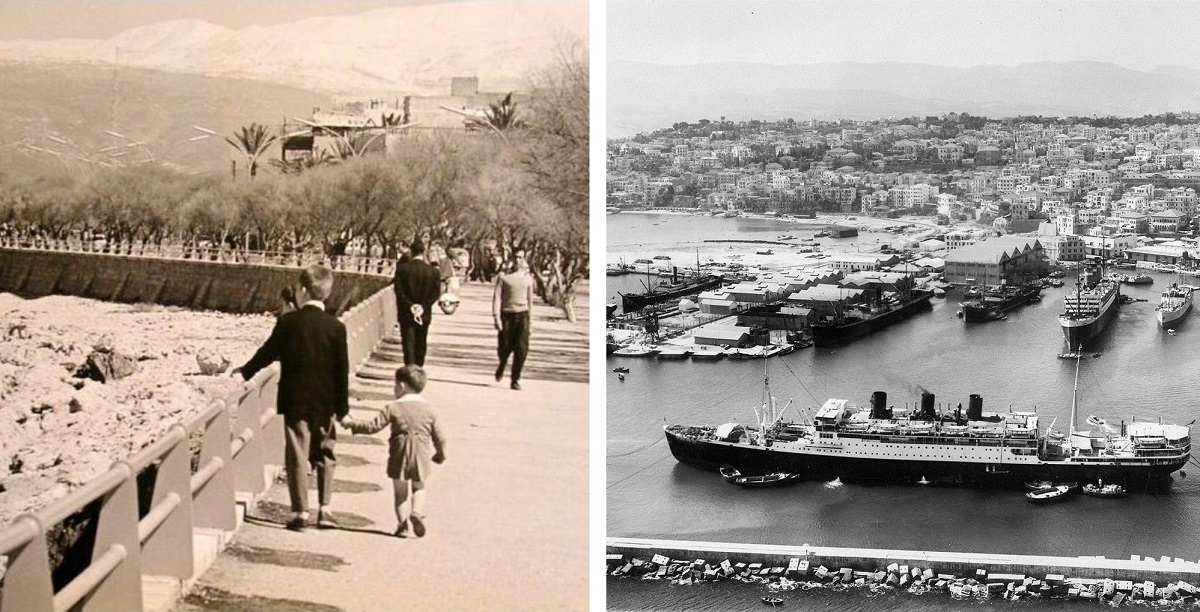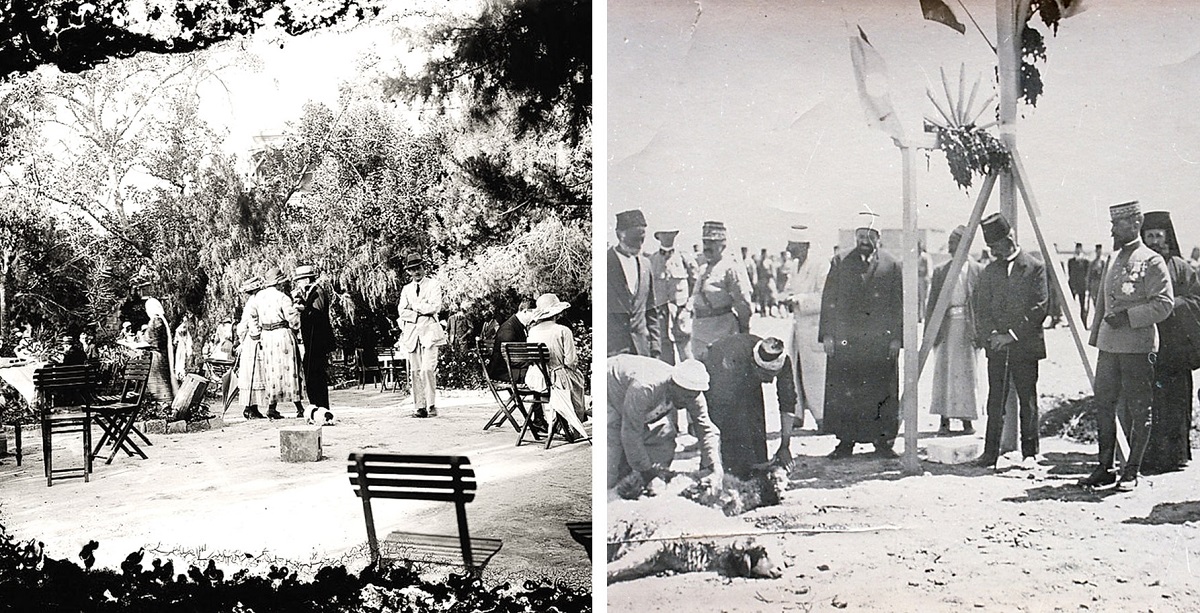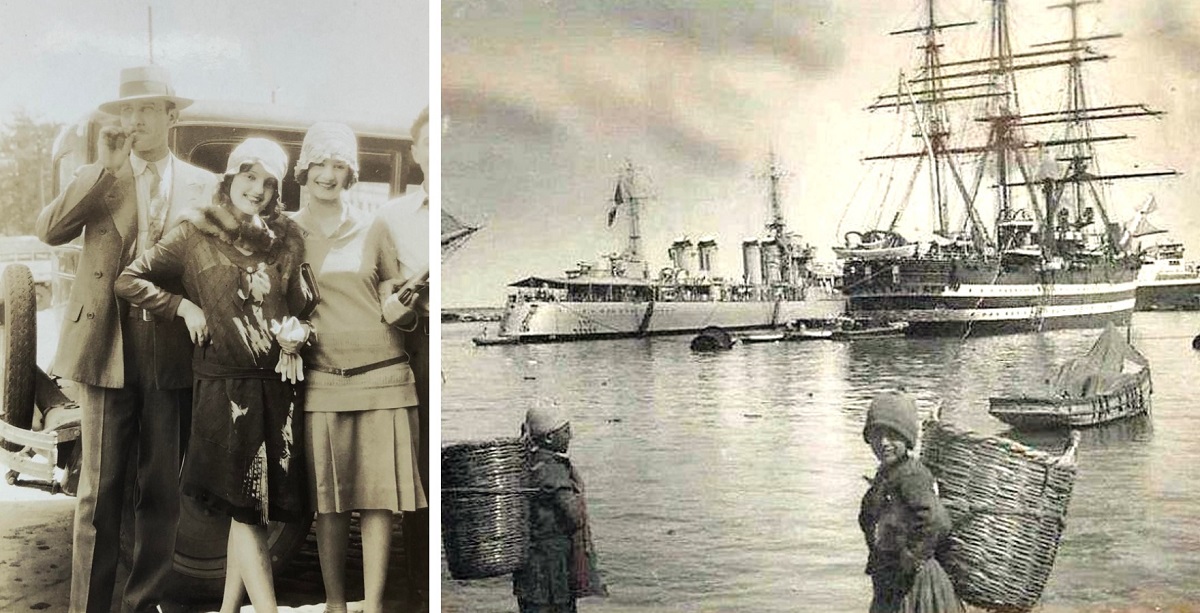Before it was ravaged by war decades ago, the Beirut Hippodrome was the only place to bet on horse races in the entirety of the Middle East.
Around 1,500 horses were kept at the stables around the racecourse of the Beirut Hippodrome before 1975.
The arena, which covers 200,000 square meters, experienced its golden age in the 1960s. This was a time when the central district of Beirut would vibrate from the impact of the hooves on the racecourse and the loud cheering of the eager betters.
Two 15-horse races were held at the Hippodrome every week and an average of $500,000 in wagers was collected on a weekly basis; it was one of the busiest racetracks in the world.
King Paul of Greece, King Abdulaziz of Saudi Arabia, the Shah of Iran, and the presidents and officials who visited Lebanon, would all attend the Hippodrome whenever they were in Beirut and experience the thrilling races.
The Beirut Hippodrome was a very prestigious site and one of the renowned attractions at the heart of the “Paris of the Middle East.”
It had a glorious run up until the Lebanese Civil War came about in 1975, when that national treasure became a neutral ground where combatants would occasionally meet up.
“Militia fighters used to shoot at each other all week and meet here on Sunday to place their bets,” trainer Ali Ahmed Seif Eddine told Naharnet. According to the same source, militia leaders would even meet in a secret hall under the Hippodrome’s stands.
Throughout the war, especially during the 1982 Israeli invasion, the landmark withstood considerable damage and some of the horses were killed by either illness or the crossfire. Much less than half remain today.
The Beirut Hippodrome never really recovered ever since, and no more than a few hundred people attend the Sunday race nowadays.
In fact, not even one person attended the 8 races that took place this past week due to the current health crisis. For now, it’s just the jockeys and their horses.


